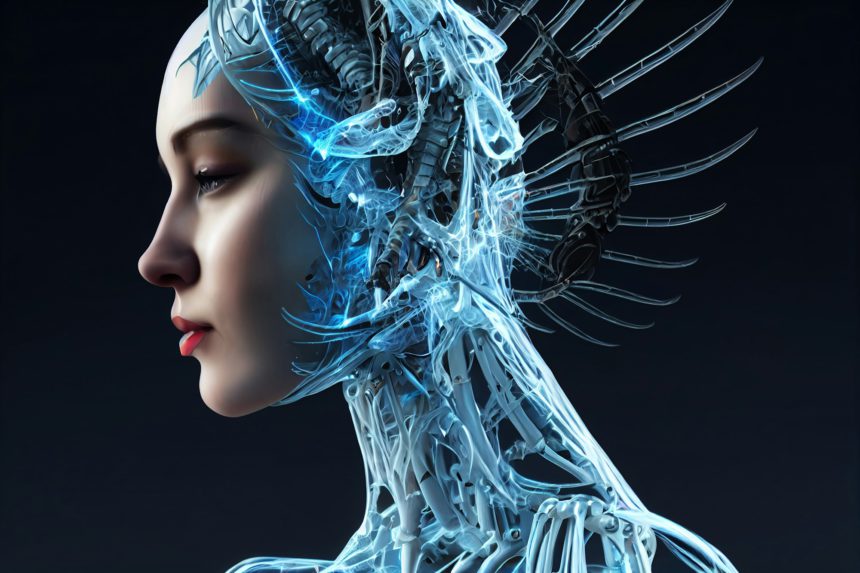The question that stands before us is: How should we manage artificial intelligence (AI) development ethically? With the emerging technologies surrounding us, it’s important to think about their long-term implications. AI is one of the most promising technologies of our century, with the potential to revolutionize areas such as health, economy and education. However, with the advance of this technology, significant ethical challenges arise.
First of all, we need to ask ourselves how we can ensure that AI is developed and used in accordance with fundamental ethical principles. For example, one of the key issues is to ensure that AI does not discriminate or perpetuate inequalities in society. It is important that AI systems be impartial and treat all users equally, without considering factors such as race, gender or social origin.
Another important aspect is that of keeping us secure.I’m sorry that IA doesn’t violate human rights. For example, the use of AI in the military may raise issues related to the autonomy of weapons. It is essential that decisions involving life and death be made by people and not by cars. We should also be careful to protect personal data and to ensure the confidentiality of user information.
Our Responsibility in the Use of Artificial Intelligence: Ethical and Moral Implications
As AI becomes more and more present in our lives, it is important that we assume responsibility for its use. For example, how can we avoid using AI for malicious or destructive purposes? How can we ensure that AI is used for the benefit of humanity and not for its detriment?
A key aspect is the development of codes of ethics and standards of good practice for the development and use of AI. Organizations and researchers in the field of AI must collaborate to develop such codes, whichestablish clear principles and guidelines for ethical action. These codes should be applicable and respected by all those involved in the development and use of AI.
Education is also essential to ensure that AI users are aware of the ethical and moral implications of using this technology. People must be informed and trained about potential risks and ethical challenges. We also need to be aware of AI limitations and not rely exclusively on this technology to make important decisions.
In conclusion, the development of artificial intelligence raises many ethical challenges for the future. It is important to ensure that AI is developed and used in accordance with fundamental ethical principles and is used for the benefit of humanity. Through the development of codes of ethics and education, we can contribute to the creation of a future in which AI is a positive and ethical force in our society.
